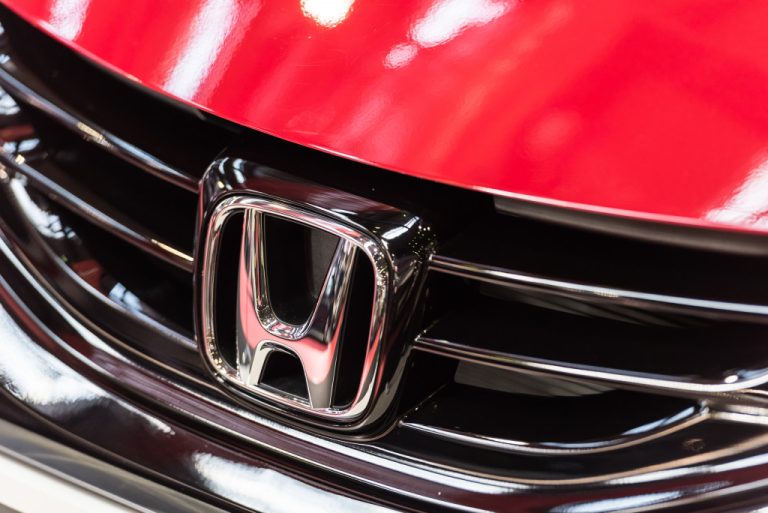- Regularly change your car’s engine oil to keep it lubricated and prevent wear and tear.
- Inspect and replace air filters as needed to maintain air quality and efficiency.
- Monitor tire pressure, check tread depth, and be wary of misaligned tires for safety and fuel efficiency.
- Regularly inspect fluid levels in your vehicle and top them up as needed to prevent overheating and other problems.
- Consult your vehicle’s manual for specific maintenance instructions, or consult a professional mechanic if you’re uncertain.
As a responsible car owner, taking proper care of your vehicle is essential to ensure its longevity and performance. Regular maintenance can help prevent major breakdowns, save you money on repairs, and keep you safe on the road. This guide will share five essential car maintenance tips that every owner should know. By following these tips, you can extend the life of your vehicle and enjoy a smooth and hassle-free driving experience.
1. Regularly Change Your Oil
One of your car’s most critical maintenance tasks is regularly changing the engine oil. Engine oil lubricates the engine’s moving parts, reducing friction and preventing wear and tear. Over time, the oil becomes contaminated with dirt, debris, and other impurities, reducing its effectiveness. Therefore, follow the manufacturer’s recommendations and change your oil at the recommended intervals.
Here are some tips on changing your oil:
Choose the Right Oil for Your Vehicle
When changing your oil, using the right oil for your vehicle is important. Check your owner’s manual or consult a mechanic to determine the right oil type and viscosity grade for your car. Buying high-quality, certified synthetic oils whenever possible is also a good idea.
Gather Your Supplies
Before you begin, you’ll need a few supplies, including an oil filter, rags, a pan to catch the old oil in, and new engine oil. Ensure you have all your supplies ready so you don’t have to run back and forth for parts while changing your oil.
Follow the Manufacturer’s Instructions
Carefully follow the manufacturer’s directions when changing your oil. Most vehicles require that you jack up the car and remove a drain plug from the bottom of the engine to release the used oil. Don’t forget to reinstall any plugs or gaskets after draining out the old fluid. Also, look for any special instructions regarding oil capacity or filter location.
Dispose of Used Oil Properly
Once you’ve changed your oil, dispose of the old fluid properly. Many service stations have designated oil recycling bins where you can safely discard used engine oil. You can also look for local hazardous waste collection centers nearby that accept used oil and other automotive fluids. Never pour it down a storm drain or in the ground! Following these steps will help ensure your vehicle runs smoothly for many future miles.
2. Check and Replace Filters

Your car’s air filters, such as the engine and cabin air filters, play a crucial role in maintaining air quality and the efficiency of various systems. The engine air filter prevents dirt and debris from entering the engine, while the cabin air filter filters the air you breathe inside the car. Regularly inspecting and replacing these filters when necessary will help maintain optimal performance. A clogged air filter can restrict airflow, reducing fuel efficiency and potentially causing engine problems. Replacing the filters every 12,000 to 15,000 miles or as specified in your vehicle’s manual is generally recommended.
3. Monitor Tire Pressure and Tread
Properly inflated tires enhance safety, improve fuel efficiency, and prolong tire life. Check your tire pressure at least once a month and ensure it matches the recommended levels specified in your vehicle’s manual or on the driver’s door jamb. Underinflated tires can increase the risk of a blowout, reduce fuel efficiency, and cause uneven tire wear. It is also important to frequently check the tread depth on your tires. This can be done using a tread depth gauge or the penny test. Worn-out tires with insufficient tread can result in poor traction and longer braking distances, especially in wet or icy conditions.
4. Be Wary of Misaligned Tires

Misaligned tires can cause problems, including increased tire wear, vibrations, and reduced fuel efficiency. Therefore, it’s important to check for misalignment periodically. Invest in professional wheel alignment whenever you replace your tires, after a major pothole impact, or if you notice any of the warning signs mentioned above. A professional wheel alignment helps ensure that your tires are properly aligned and prevents damage to the steering components over time. Professionals will also check for structural problems and adjust the suspension if needed.
5. Regularly Inspect and Maintain Fluid Levels
In addition to engine oil, other vital fluids in your car require regular inspection and maintenance. These include coolant, brake, power steering, and transmission. Low or contaminated fluids can lead to overheating, poor brake performance, steering issues, and transmission problems. Refer to your vehicle’s manual for the recommended intervals for checking and replacing these fluids. Inspecting the fluid levels regularly and topping them up as needed will help prevent potential damage and ensure your vehicle operates smoothly.
In Summary
Proper car maintenance is essential for the longevity and performance of your vehicle. You can ensure your car remains in top condition by following these five essential tips, including regularly changing the oil, checking and replacing filters, monitoring tire pressure and tread, addressing misaligned tires and maintaining fluid levels. Remember to consult your vehicle’s manual for specific maintenance intervals and procedures, and if you’re unsure about any aspect of maintenance, consult a professional mechanic. With regular care, your car will reward you with reliable performance, enhanced safety, and a comfortable driving experience for years.



